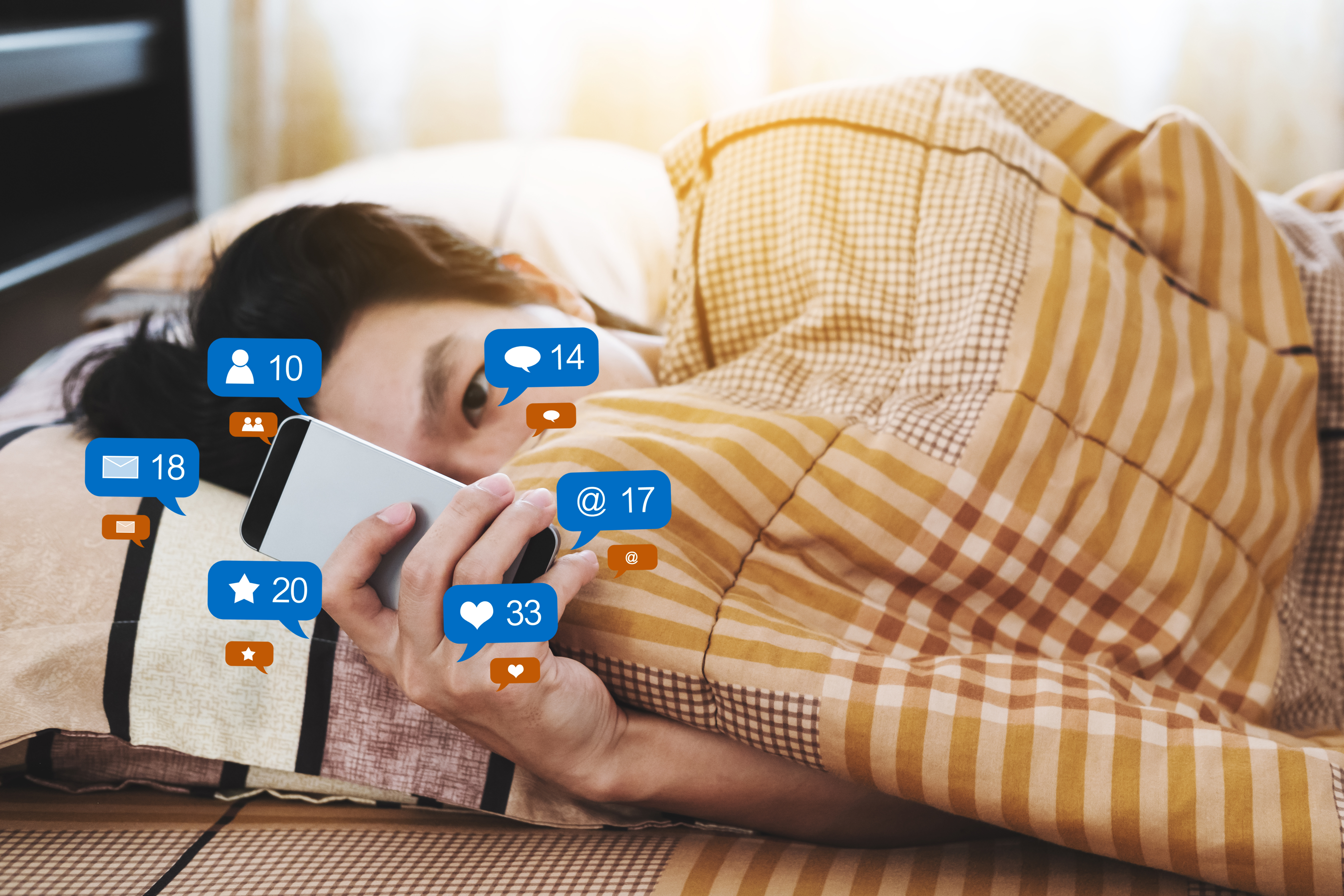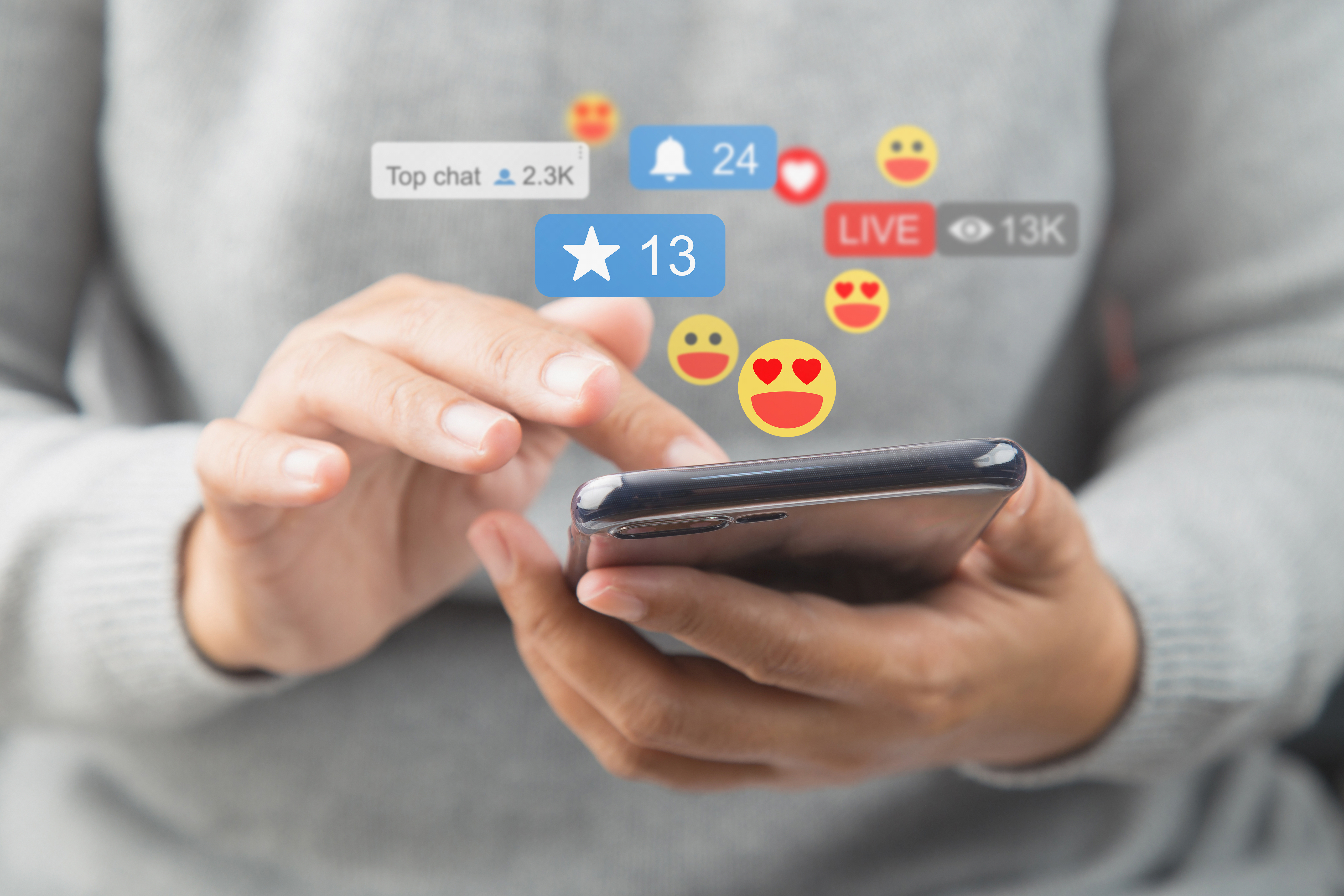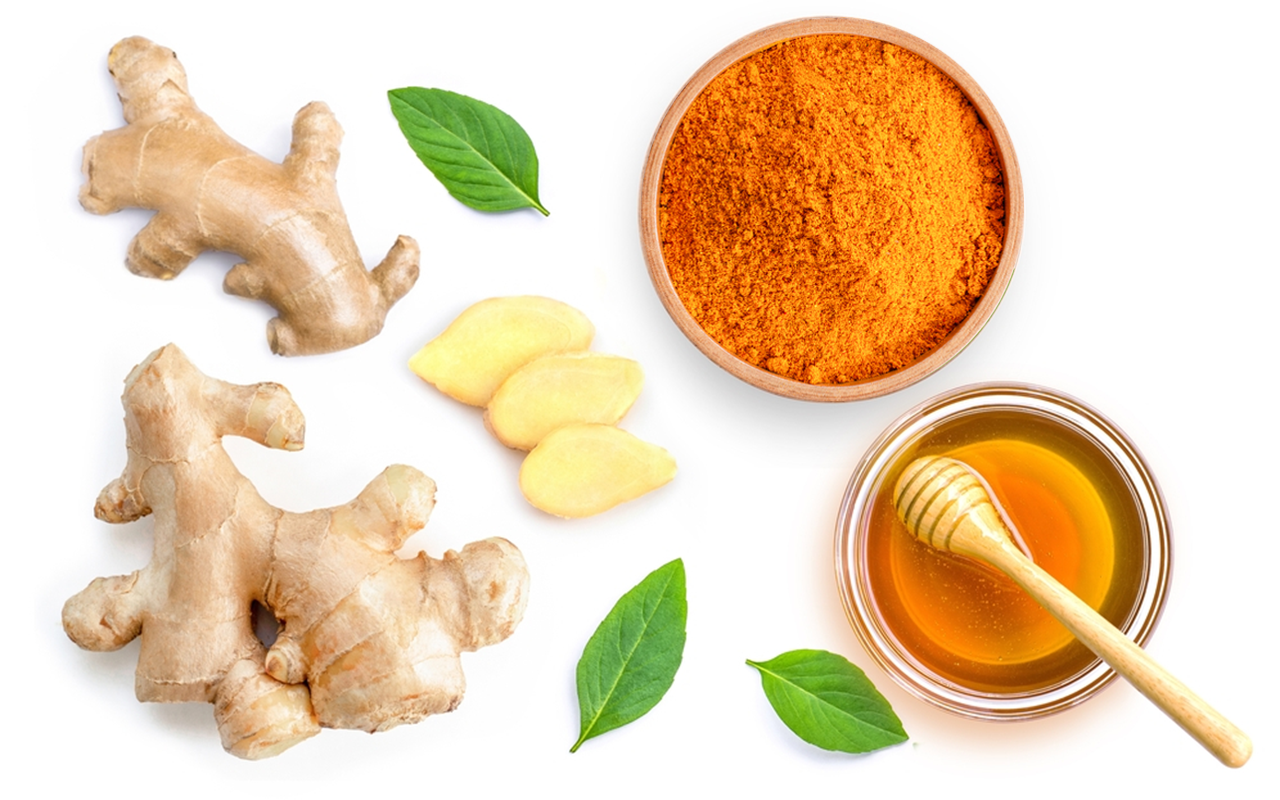
To stay informed and connected with family and friends, people of all ages are using social networking platforms such as Facebook and TikTok. While these platforms can be beneficial for timely information and maintaining social connections, it's important to be mindful of their potential impact on mental health. Engaging in a balanced and purposeful manner, such as using social media for knowledge-seeking, may not adversely affect your well-being. However, excessive exposure to material focused on wealth, gossip, and comparisons can have a negative impact on mental health. In fact, women are more susceptible to developing depression from social media use compared to men. In this article, we will explore strategies to prevent online social networking from negatively affecting mental health.

Establish a Social Media Schedule
It's not healthy to begin your day by immediately using your phone or spend time scrolling through social media before going to bed at night. The fear of missing out or the anxiety of being disconnected from current events can lead to increased engagement with social media, which can negatively impact your well-being, particularly at night. Starting your day by using your phone can set a negative tone for the day and disrupt your sleep at night. Instead, it's advisable to refrain from using your phone before bedtime and engage in activities that promote emotional peace, such as writing in a journal or practicing relaxation techniques. Additionally, consider allocating short breaks during the day to use social media, separate from your regular work responsibilities.

Check the Contents
Social networks play a significant role in human communication, providing a wealth of information that ranges from accurate to uncertain, as it is often based on personal perspectives and experiences. While it's not a problem if we can discern between them, it can be challenging to differentiate false information that can lead to consequences such as environmental concerns, financial fraud, psychological harm, and other adverse events. Therefore, it's crucial to prioritize accurate sources of information on social networks, ensuring that we focus on and share verified content while disregarding insignificant topics.

Make Good Friends
As human beings, we have the ability to make friends and participate in communities, which can help alleviate emotional stress, anxiety, and feelings of loneliness. Similarly, on social media, it's important to surround ourselves with compatible individuals and engaging content that is conducive to a positive online experience. Amidst the multitude of information we encounter, we should carefully select the right people to follow and the pages to engage with. By investing time into checking their credibility and comparing them to unreliable sources, we can ensure that our social media feeds are filled with useful and relevant content. Identifying good friends within our online networks is essential, as it helps safeguard our social lives and provides us with meaningful connections and interests.

Find Other Hobbies
When you spend a significant amount of time on social networks every day, there's a risk of losing your sense of self and becoming overly influenced by the behaviors and lifestyles portrayed online, especially in this era of intense competition. Excessive use of social media can lead to emotional dissatisfaction, financial burdens, and even mental health issues. To enhance your well-being, it's important to explore other hobbies and activities that allow you to disconnect from the virtual world and engage with the real one.
While social networking platforms have their benefits, it's crucial to recognize that the outcomes depend on how we utilize them. Remember, it's essential to take care of yourself and consider dedicating time to learning new skills, engaging in hobbies, and seeking experiences that bring you closer to nature. These activities can provide valuable experiences that go beyond the confines of the virtual world.




Comments